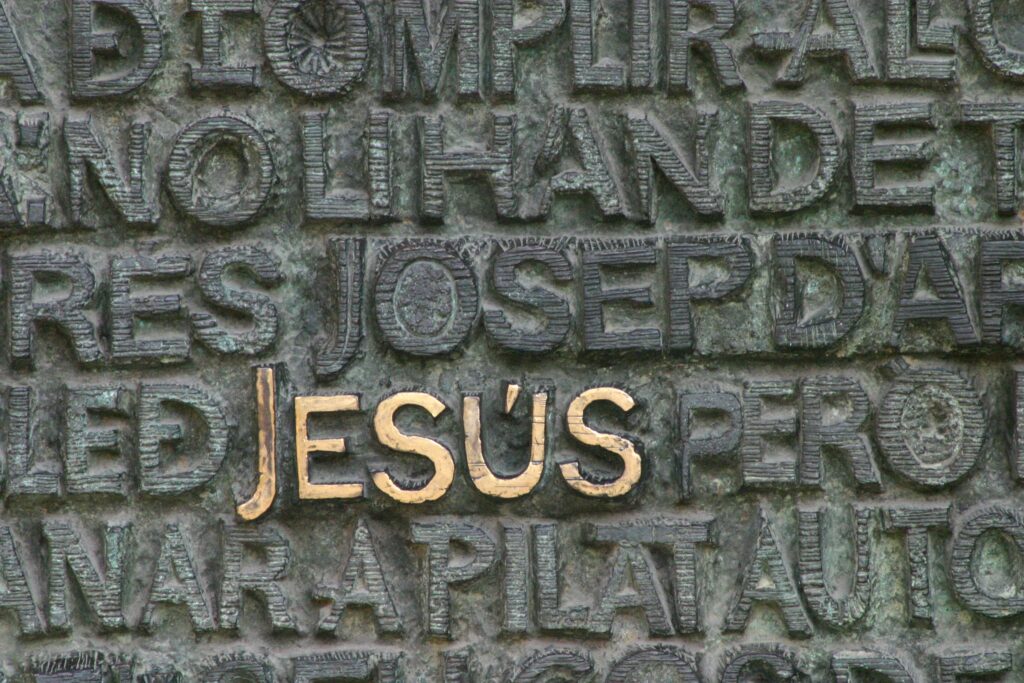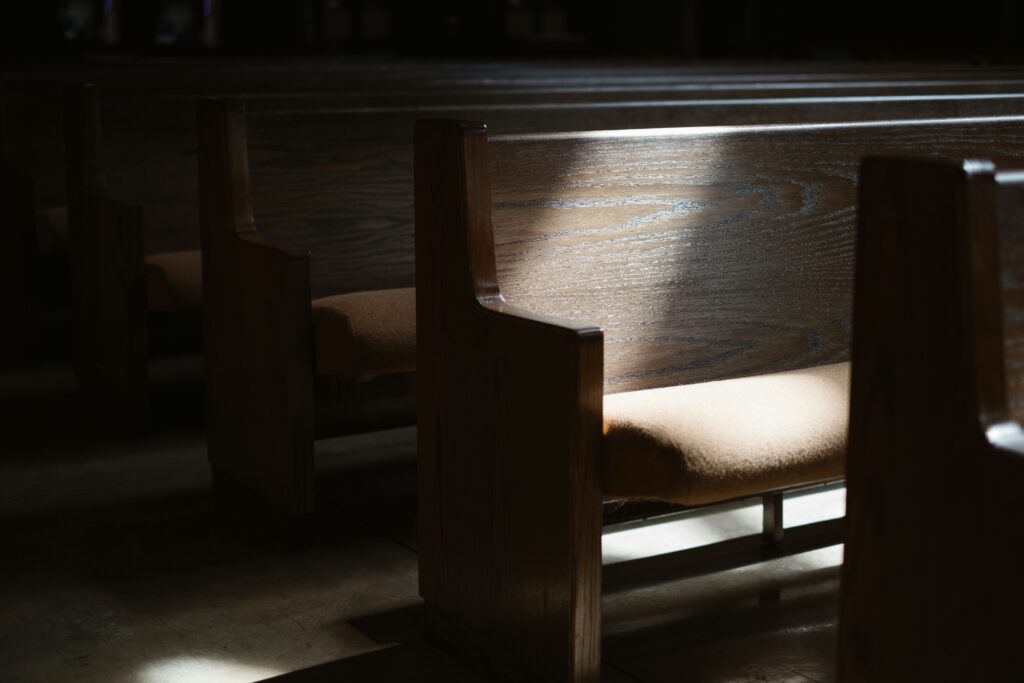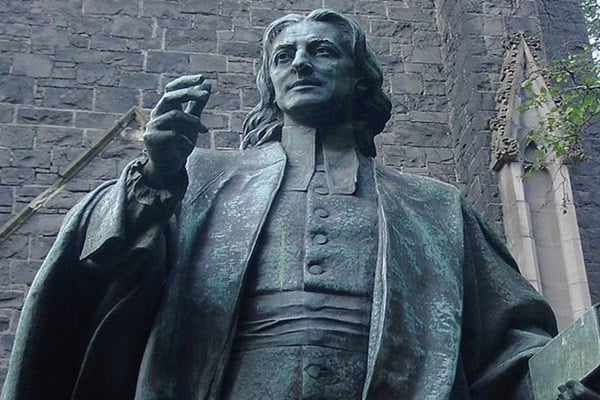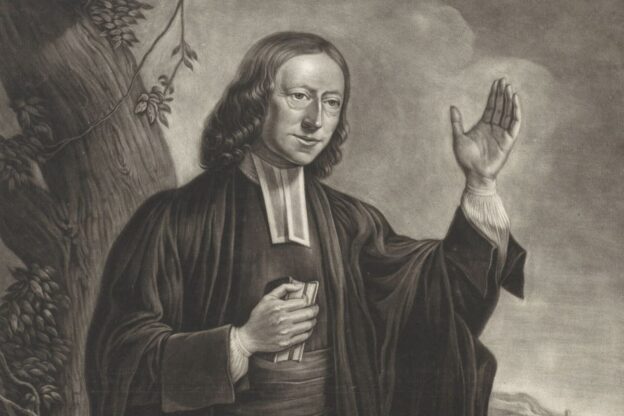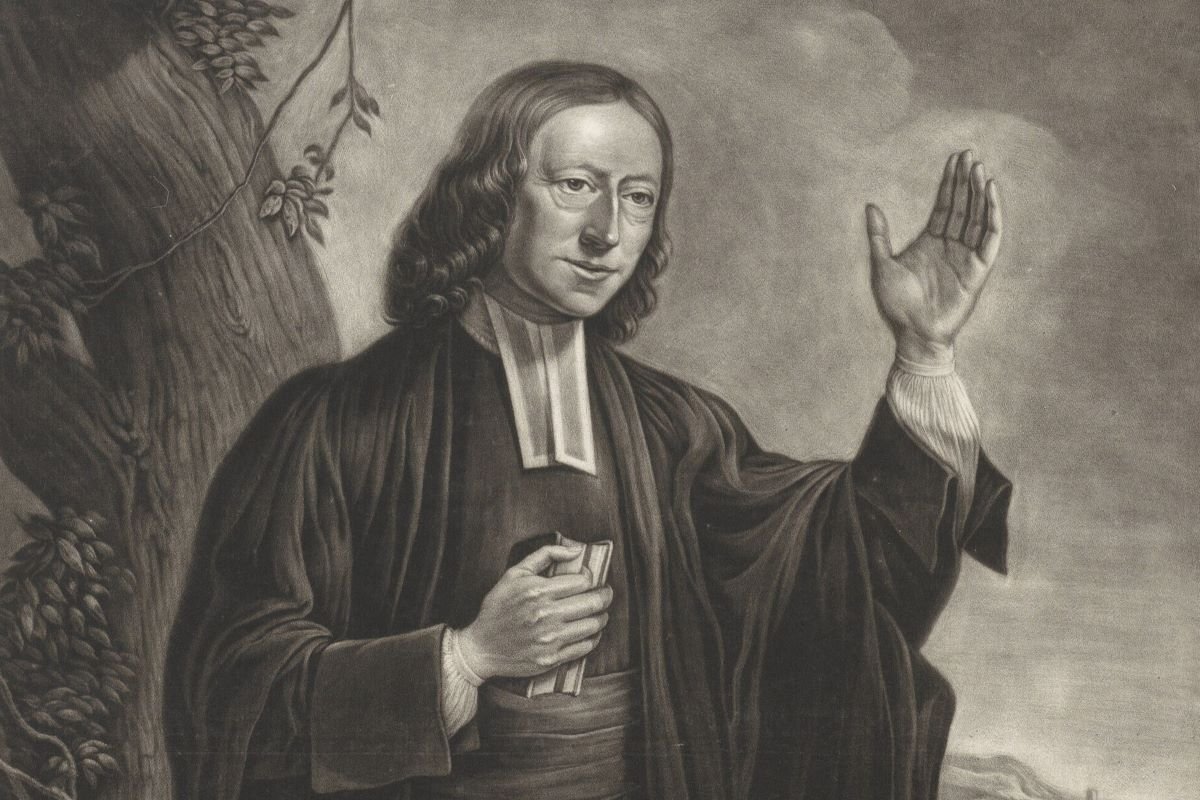Followers of Jesus have throughout history exhibited a distinctive style. In my first article I shared about Wesley’s peculiar flair. The second article highlighted a Methodist’s catholic spirit. Here, we will look to the heart of the Wesleyan movement.
The Methodist movement was born in England and soon began to burn with a fire of love across the land, in large part, because of two big problems in the Established Church. One was spiritual apathy. Deism had flavored the intellectual and religious climate. God had become a benevolent ruler of the universe, removed from personal experience. In the arrogant rationalism that pervaded the day, everything had to be utterly reasonable.
The second thing that had happened was that the nature of the church as an organization had become remote, removed from life, not touching the people where they were. One cleric, for instance, had been made a bishop and given a lifetime stipend, but never set foot in the diocese over which he presumably had spiritual and temporal oversight. It was obviously all temporal and nothing spiritual.
Into that setting with those two characteristics – spiritual apathy and a remote church structure -came the Methodist revival with an answer to these two glaring, devastating failures of the church. The answer? Heartfelt religion.
For spiritual apathy, there was the experience of the warm heart. People wanted desperately not only to hear the gospel, but also to experience it. So John Wesley’s Aldersgate experience became the model: “I felt my heart strangely warmed, I felt I did trust Christ, Christ alone for salvation; and an assurance was given me that he had taken away my sins, even mine, and saved me from the law of sin and death.” That experience was repeated over and over.
Furthermore, for people who experienced a church that had become lifelessly formal at best, and coldly remote at worst, the Methodists came with ministries of care and warm concern. The class meetings and bands of the Methodist societies became the settings for these expressions of compassion. People cared for and looked after each other’s souls. Loving hearts set other hearts on fire.
In a lecture at Emory University, Dr. Theodore Runyon introduced what to me was a whole new way of thinking about the “heart strangely warmed” and structures of care as means for our growth in Christ and our life in the world. It is a new way of thinking about a Methodist style. He used three terms to make an important distinction: orthodoxy, orthopraxis, and orthopathy. The first two terms were familiar; not the third. Orthodoxy is right doctrine, right opinion, right belief. But Methodists have never believed that orthodoxy was enough. God demands right action, right practice, right behavior – that is orthopraxis.
Even with that kind of plea for orthopraxis, working faith, Wesley always insisted that as faith without works is dead, works without faith profiteth nothing; that “all morality, all justice, mercy and truth – without faith – is of no value in the sight of God.”
Neither orthodoxy nor orthopraxis alone is sufficient. And what Runyon adds is that even together, they are not enough. There must be orthopathy. This means right passions, senses, tempers, dispositions; and in the larger sense, right experience. This, says Runyon, is the challenge to a theology of conversion –
To recognize the crying need of humankind to be encountered and transformed by Christian faith in all aspects of their being, including the emotions, feelings, and experiences. Nothing less is a sign of the kingdom and its power in the midst of the present age. And nothing less than this kind of theology and experience ought to undergird our preaching, our Christian education, our evangelism and mission, and our witness and action for peace and justice.
Runyon then gave three hallmarks for such an orthopathic theology. First, Wesley’s “bookends” of creation and kingdom, the fundamental conviction that all creation is to be redeemed by Christ. The world and everything in it is to be brought under the Lordship of Christ not destroyed, but redeemed.
The second hallmark of orthopathy is realism about the present order of things. “We are a part of a world that has corrupted God’s good creation and become insensitive and deaf to God’s will and way.” The gospel forces us to see the alienation and estrangement of the present order and present the gospel necessity of being reborn into a new order.
Thus, the final hallmark of orthopathic theology is the familiar word of John 3:7: “You must be born from above.”
Runyon’s insight helps us think clearly about how we provide the opportunities for the “heart strangely warmed” and the structures of care that will be settings for the transformation of our whole life and total experience. When Wesley insisted that “true Christianity cannot exist without the inward experience and the outward practice of justice, mercy, and truth,” he brought orthodoxy, orthopraxis, and orthopathy together and gave us our marching orders.





